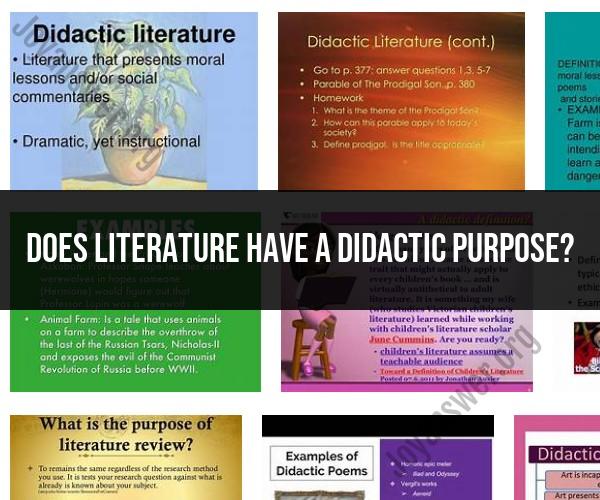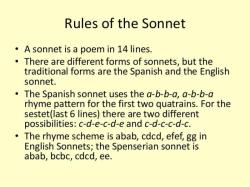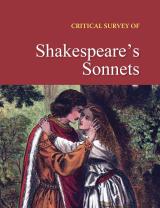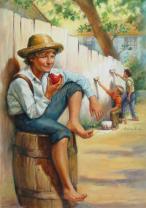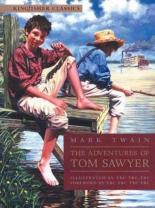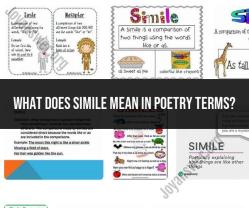Does literature have a didactic purpose?
Yes, literature can serve a didactic purpose, which means it can go beyond mere entertainment and aim to instruct or educate readers about various aspects of life, society, and human nature. While not all literature is didactic, many works of literature, both fiction and non-fiction, have been written with the intention of conveying moral, philosophical, or educational messages to their audience. Here are some ways in which literature can fulfill a didactic purpose:
Moral and Ethical Lessons: Many works of literature explore ethical dilemmas and moral choices, presenting readers with complex situations that encourage them to reflect on right and wrong. These stories can help readers develop a deeper understanding of ethical principles and the consequences of their actions.
Social Commentary: Literature often serves as a vehicle for critiquing and analyzing societal issues. Through novels, plays, and essays, authors can shed light on social injustices, discrimination, inequality, and other pressing problems, prompting readers to think critically about these issues and potentially advocate for change.
Historical and Cultural Insights: Literature can provide valuable insights into different historical periods and cultural contexts. Reading literature from different times and places can help readers gain a better understanding of the world's diverse cultures, traditions, and histories.
Psychological Exploration: Characters in literature often grapple with complex psychological issues, such as identity, love, fear, and ambition. These explorations can help readers better understand human psychology and behavior.
Philosophical Reflection: Some literary works delve into philosophical questions and ideas, challenging readers to contemplate existential questions, the nature of reality, the meaning of life, and other philosophical topics.
Education and Information: Non-fiction literature, including textbooks, essays, and informational books, serves a primarily didactic function by providing readers with knowledge and information on a wide range of subjects.
Critical Thinking and Empathy: Literature can foster critical thinking skills by presenting readers with diverse perspectives and encouraging them to analyze characters' motivations, actions, and choices. Additionally, reading literature can cultivate empathy by allowing readers to immerse themselves in the lives and experiences of fictional characters.
It's important to note that not all literature is didactic, and some works prioritize artistic expression and storytelling over imparting explicit lessons. Additionally, the interpretation of a literary work can vary from reader to reader, so what one person finds didactic, another may not. Nevertheless, literature's capacity to educate and inspire remains a significant aspect of its enduring appeal.
